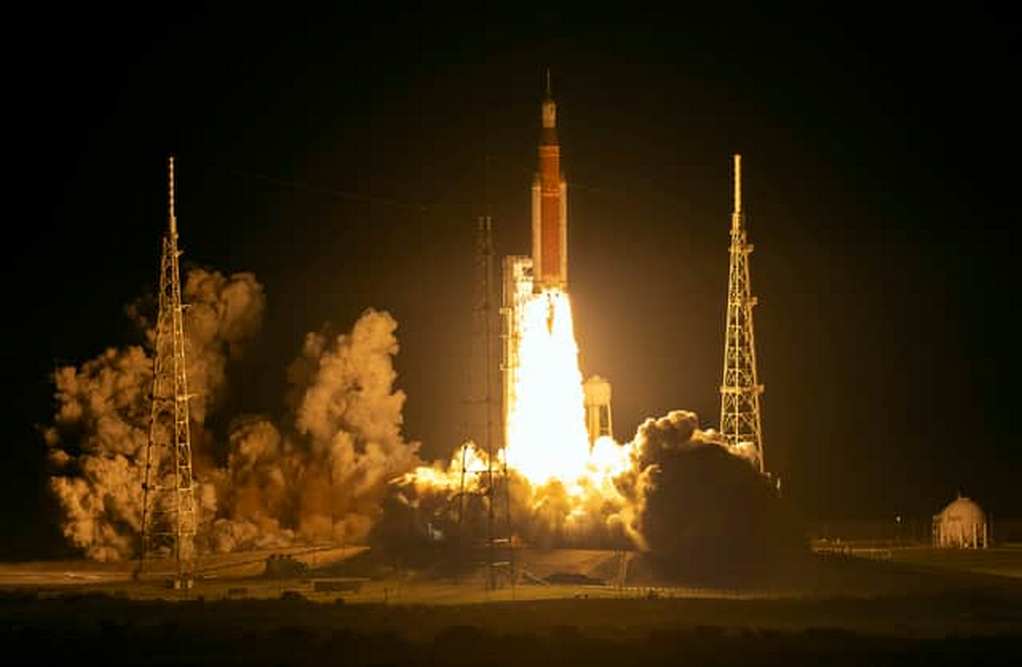Inmarsat has successfully achieved the ‘world’s first carbon neutral rocket launch’ after launching the 1-6 F2 satellite from Cape Canaveral.
The 1-6 F2 spacecraft was launched into space about the SpaceX Falcon 9 rocket from Cape Canaveral, reaching a top speed of almost 40,000km/h before reaching space above central Africa. The satellite will now spend several months circling Earth’s in its geostationary orbit 36,000 kilometres above the equator.
The launch was certified the first ever carbon neutral by The CarbonNeutral Protocol, which is the world leading framework for carbon neutrality. However the true impact of rocket launches is relatively unknown, as they occur rarely and infrequently, and the pollutants are way higher up in the stratosphere and mesosphere which makes it harder to compare to aviation.
Tags: Carbon Neutral, Inmarsat, Rocket



Recent Posts
Hygenco Commissions Maharashtra’s First Green Hydrogen and Oxygen Facility to Power STL’s Net Zero Goals
India Invites Second Round of R&D Proposals Under ₹4 Billion Green Hydrogen Mission
BMTC Adds 148 Tata Electric Buses to Bengaluru Fleet, Strengthens Green Mobility Drive
MITSUI E&S Deploys Hydrogen Fuel-Cell RTG Crane at Yokohama’s Minami Honmoku Terminal
WinGD’s first ammonia-fuelled engine installed on EXMAR vessels
DP World and Asian Terminals Inc deploy first fleet of electric internal transfer vehicles in the Philippines
Lloyd’s Register Decarbonisation Hub Joins Mærsk Mc-Kinney Møller Center as Knowledge Partner
Wärtsilä engines selected to deliver reliable power for US data center